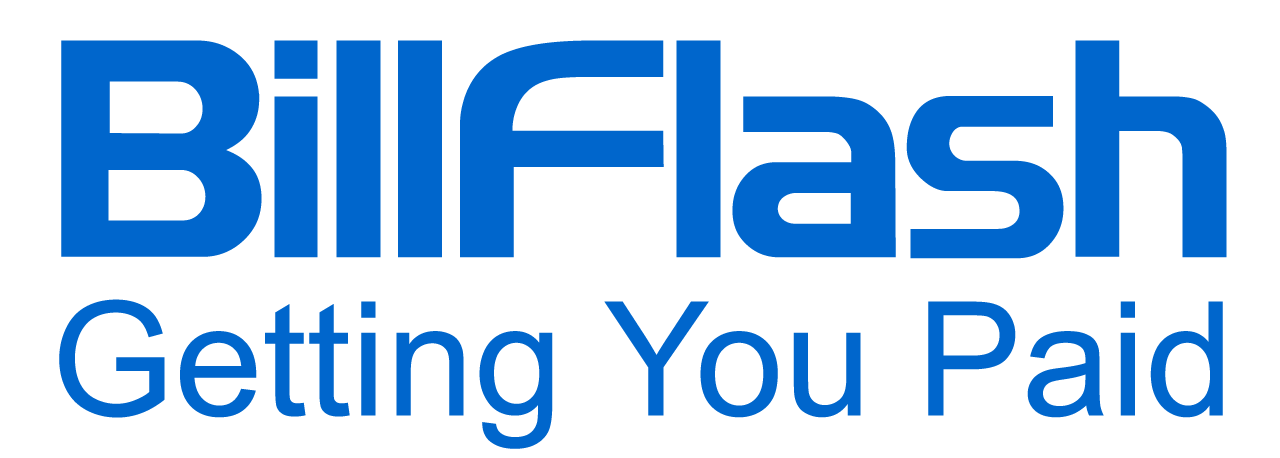Let's explore the growth of outsourcing medical billing, the advantages it offers to your practice, and potential concerns to know about.
The healthcare industry has seen a major shift in recent years toward outsourcing medical billing and revenue cycle management functions. With the amount of paperwork, bookkeeping, tracking accounts, billing insurers, and collecting payments increasing significantly, it is no surprise that healthcare providers and their staff are burning out trying to do it all in-house.
As billing and coding guidelines get more complex, keeping up with changes also gets very difficult. Most practices realize that handling billing and revenue cycle management tasks with current staff who also have clinical work is leading to less-than-ideal financial results and staff frustration. This is part of the reason why there has been an accelerating trend of medical practices choosing to outsource their billing and administrative processes to specialized medical billing services.
Outsourcing medical billing functions is becoming an attractive option for many practices that want to optimize revenue cycle management, reduce errors, improve cash flow, and focus more on delivering quality care. Over 90% of hospitals have at least one process that they have outsourced. Today, we will look at what medical billing involves, why it is important, the growth of outsourcing in healthcare, the advantages outsourcing offers, and any potential concerns.
Understanding Medical Billing
When people hear the words “medical billing,” a few things likely come to mind—but at its core, medical billing is the process of submitting claims to insurance companies to receive payment for services provided to patients. This involves proper coding of diagnoses and procedures using complex coding systems like ICD-10, CPT, and HCPCS, verifying patient insurance coverage, submitting claims, following up on unpaid or denied claims, and appealing improper payments.
Accurate medical billing is crucial for the financial health and sustainability of any medical practice. This directly impacts the practice's cash flow and revenue. When done right, medical billing ensures maximum reimbursement rates and faster payments for services delivered. However, billing is far more complicated than it seems.
Key Challenges That Make Medical Billing Such a Specialized Skill:

- Evolving regulations like HIPAA require constant staff training and updating of protocols. Even small mistakes can lead to costly claim denials.
- Non-compliance with evolving regulations like HIPAA can lead to penalties.
- Payer-specific requirements mean staff must be familiar with various rules and documentation needs.
- High staff turnover also makes retaining institutional knowledge difficult.
- Appealing denied claims is time-consuming but critical to preventing revenue loss.
- Without proper tools, monitoring accounts receivable and claim status is burdensome.
When it comes down to it, medical billing is no simple task. It demands specialized knowledge across medical coding, insurance rules, accounting, technology, and more. Guidelines change all the time, so skills need constant upgrading. Most practices without dedicated billing staff also face problems like lower productivity, claim rejections, unpaid claims, less reimbursement, and audits.
Healthcare providers rightfully prioritize patient care. But this means administrative work can slip through the cracks and hurt profits. Large practices may succeed in handling billing internally with ample resources. However, small and mid-sized practices trying to manage clinical and billing responsibilities tend to struggle. The dual workload does more harm than good.
The Rise of Medical Billing Outsourcing

Outsourcing to an external partner has increased across a variety of industries. This puts companies in a better position to save costs and focus on core responsibilities. Healthcare is one of those industries that has been embracing this trend. In 2021, the medical billing market was estimated at $11.1 billion, and by 2022, it had increased to $12.2 billion. Experts project that by 2027, the market could reach $23.1 billion, and by 2028, it could grow to $25.3 billion.
Looking even further ahead, by 2030, the medical billing outsourcing market could be valued at $44.43 billion, growing at a compound annual growth rate (CAGR) of about 12.7% from 2023 to 2032. The outsourced segment of medical billing brought in the largest portion of revenue in 2022—making up over half at 53.2%. Front-end services, which include the main functions of medical billing, dominated the market with a revenue share of 38.7% during that same year. Hospitals were the largest end-users of these services—holding a market share of 47.0%.
The numbers show that outsourcing medical billing is becoming a competitive necessity for medical practices to boost profitability and cash flows. Since expectations are that the number of practices outsourcing medical billing will rise over the next decade, this indicates that more and more medical practices are increasingly trusting specialized medical billing services.
Key Benefits of Outsourcing Medical Billing
Why is it that more medical practices are trusting these outsourced medical billing partners? Outsourcing medical billing comes with a host of benefits that can significantly improve the financial health and operational efficiency of medical practices:
Cost Efficiency
Hiring and training full-time billers and investing in billing software, hardware, and related infrastructure leads to very high fixed costs for any practice. Outsourcing converts these costs into a simple per-claim or transaction-based variable cost structure. This results in significant cost savings for most practices that outsource billing.
Expertise and Accuracy
Outsourcing partners employ certified billers with extensive expertise in coding, regulations, and billing procedures. Their skills and best practices also ensure accurate claim submission and fewer denials. This boosts reimbursement rates and revenue.
Focus on Patient Care

With billing handled externally, in-house staff can focus fully on delivering quality care and enhancing patient satisfaction. This also supports better retention and acquisition.
Improved Cash Flow
Specialized billing teams use the latest automation tools to optimize workflows for claim generation, submission, tracking, and follow-up. Faster claim processing and higher reimbursement rates lead to improved financial stability and cash flow for the practice.
Technology and Compliance

Outsourcing provides access to advanced billing software and ensures compliance with industry standards without additional investments. Reputable medical billing outsourcing providers also implement tight protocols and systems to ensure compliance with HIPAA, Medicare, Medicaid, and other data security regulations.
Success Stories
Roper St. Francis Receives Revenue Cycle Expertise (2021)
Roper St. Francis Healthcare is a not-for-profit health system that has been providing patient care to communities in South Carolina's Lowcountry region for many years. The system is the preferred healthcare provider for many families in the Charleston area.
In 2021, Roper St. Francis was facing challenges with their in-house medical billing and coding operations, which threatened the financial health of the system. After evaluating options, Roper St. Francis decided to partner with a nationally recognized expert in revenue cycle management services to optimize these workflows.
By outsourcing revenue cycle management, Roper St. Francis was able to regain focus on delivering compassionate patient care, which is their core strength. The partnership helped improve billing workflows and the patient's financial experience. This put Roper St. Francis on a path toward improved financial performance.
Jeffrey DiLisi, M.D., President and CEO of Roper St. Francis Healthcare, emphasized that optimizing revenue cycle management through this partnership was critical to supporting Roper St. Francis' patient-centered values and commitment to outstanding clinical outcomes.
Potential Concerns and How to Address Them
Many practices worry about losing control over billing and patient data security when outsourcing medical billing. However, there are ways to ensure quality and safety:
Quality Control
Vet potential partners thoroughly and validate their reputation, certification, technology, and processes.
Data Security
Choose a billing company that is HITRUST and HIPAA certified with advanced data security systems, encryption, access controls, and regular compliance audits.
Choosing the Right Partner
Not all billing service providers are created equal. So look for a reputable and reliable company with a proven track record in medical billing. Consider their expertise, customer service, technology, and pricing structure before making a decision.
Outsourcing Sets the Stage for Future Billing Efficiency
Outsourcing medical billing offers healthcare providers numerous benefits. This includes financial savings, improved efficiency, reduced errors, faster payments, increased compliance, and more time focused on patient care. A growing number of hospitals and practices are utilizing these specialized services. While outsourcing billing functions involves relinquishing some control, the overall advantages make it an increasingly worthwhile decision for medical practices looking to succeed in a changing landscape.
Resources and Next Steps
Outsourcing revenue cycle management functions like medical billing makes strategic and financial sense for any medical practice that wants to optimize administrative costs and staff productivity. At BillFlash, we understand the challenges practices face in managing medical billing operations in-house. Our Revenue Cycle Management services can help you transform the financial health of your practice. Request a demo today!

